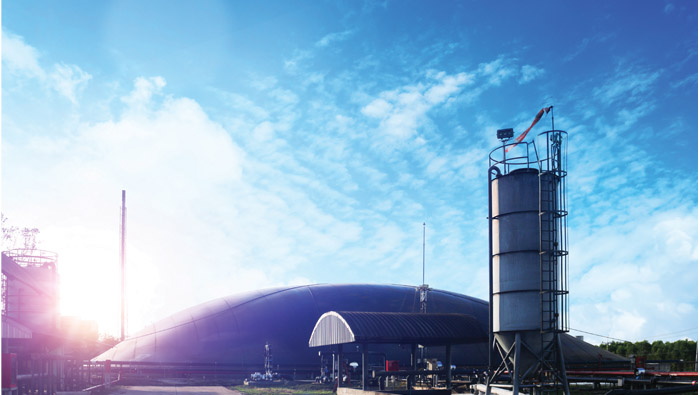
Muscat: Oman is setting up four biogas plants to produce energy from more than half a million tonnes of food waste, the cost of which amounts to above OMR50 million annually for its disposal.
The country generates 560,000 tonnes of food waste per year, which costs OMR56 million to process, and Oman Environmental Holding Services Company, more commonly known as Be’ah, is building biogas plants to provide alternative forms of energy, as well as to offset the environmental impact of processing such large quantities of food waste.
Studies are underway to determine how these biogas plants can exploit this organic waste in producing electric energy, said Fahad Ali Al Kharusi, head of Business Development at Be’ah.
“In the Sultanate, food waste alone accounts for approximately 560,000 tonnes produced in households, due to the high consumption rates, which results in a loss of value amounting to OMR 56 million annually,” said Al Kharusi.
This September, Oman Environmental Holding Services Company S.A.O.C (Be’ah) floated a tender to conduct a feasibility study for the building of the first biogas plant in Oman. The study will initially cover four sites in the governorates of Muscat, North and South Al Batinah.
The sites were selected according to the quantity of organic waste generated, and the expected electricity capacity and consumption in these areas.
Municipal waste
Al Kharusi added, “Thirty per cent of the total municipal waste that reaches the engineered landfills around the Sultanate is organic waste. For example, the engineered landfill in Barka in north Al Batinah receives more than 500 tonnes of organic waste per day, amounting to more than 180,000 tonnes annually.
“Organic wastes of all kinds can be reused in the production of biogas, which varies according to their source,” he explained. “These sources include food waste from homes, fruits, and vegetables from market waste, as well as the remnants of municipal slaughterhouses and fish markets.”
“In addition, residue from farms of all kinds, such as livestock, crops, and poultry, is also another source of organic waste,” Al Kharusi said.
According to Be’ah, this project would be the first of its kind in the Sultanate. The completion of the infrastructure will support the establishment of a number of biogas plants, which will be able to produce electricity, though the first stage focuses only on four sites.
Al Kharusi said, “The aim of the biogas plants is to be used to produce electricity. However, biogas has many uses, such as the creation of bio-fuel in vehicles, or using its heat energy in heating and cooling industrial areas. It can also be used domestically as cooking gas.”